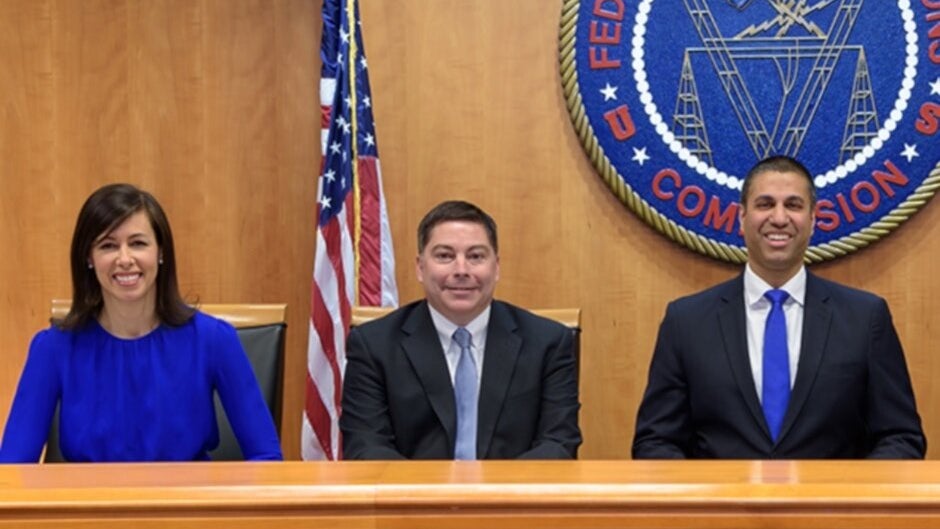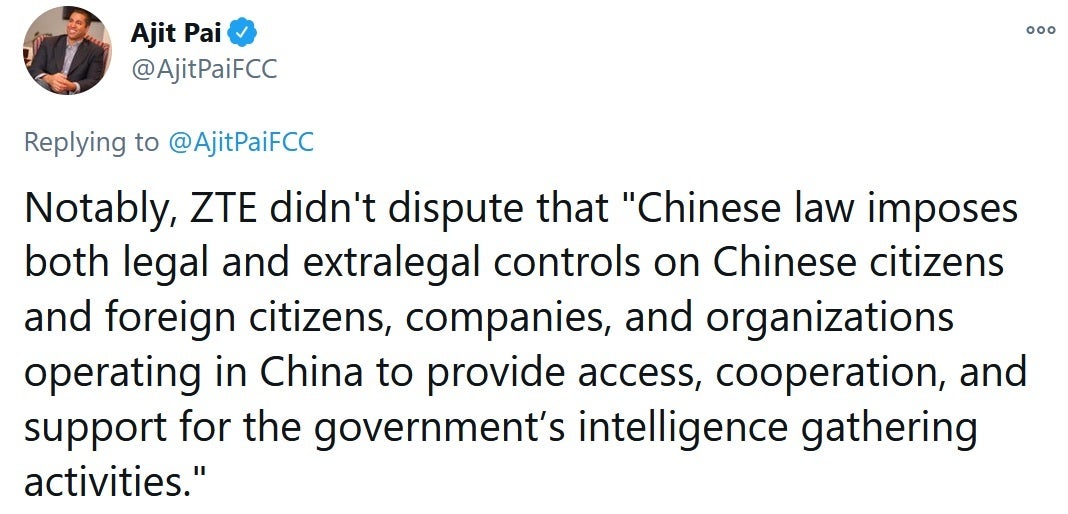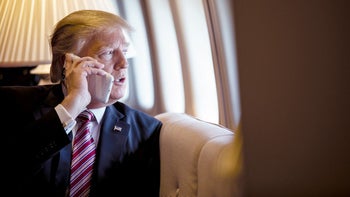ZTE is still a threat to the U.S. says the FCC

Back in October 2012, a draft report issued by the U.S.House of Representatives' Intelligence Committee said that Chinese manufacturers Huawei and ZTE were threats to U.S. national security following an 11 month investigations. Bloomberg today reports that the FCC has agreed that ZTE should continue to be designated as a U.S. national security threat. The U.S. communications agency is concerned that telecom gear produced by ZTE can be used to spy on American companies and consumers.
While many know of ZTE and Huawei because of their handsets, they are also among the top providers of networking equipment with Huawei the largest supplier of 5G networking gear in the world. Both have supplied telecom firms in rural parts of America with low-priced networking equipment and the FCC wants to push ZTE and Huawei networking gear out of the U.S. FCC chairman Ajit Pai, a Trump appointee, cited National Security Advisor Robert O’Brien's comments in a blog that Pai wrote last week. O'Brien said "that installing equipment from Chinese firms in the backbone of our 5G networks could give the Communist Chinese government backdoors to pull up every bit of data in the world."
Pai also reiterated that the FCC has banned the use of money from the Universal Service Fund (USF) to purchase equipment from ZTE or Huawei. The USF collects money paid by U.S. consumers to U.S. carriers every quarter. Those funds, which amount to roughly $8.5 billion a year, are used to purchase equipment to guarantee that everyone in the states, even those in rural areas served by two tin cans and a string, have access to the internet and cutting-edge communications service. More rules against purchases from Huawei and ZTE are expected to be agreed upon at a December 10th meeting.

FCC chairman Pai tweets about ZTE's alleged responsibilities to the Communist Chinese government
While both Huawei and ZTE have denied the allegations, earlier this year the two asked the FCC not to call them national security threats. This past summer, ZTE said that it supplies its customers with equipment that is safe and secure and is "clearly and fully dedicated to complying with all applicable laws in the United States." The company along with Huawei were both designated national security threats in the U.S. In rejecting ZTE's demands that it no longer be referred to as a national security threat, the FCC's Pai called the agency's action "another important step in our ongoing efforts to protect U.S. communications networks from security risks." Pai said that ZTE has not denied that there is a law in China that allows the Communist Chinese government to force companies in the country to spy on U.S. consumers and companies and share that info with the Chinese government. In a tweet, Pai wrote, "Notably, ZTE didn't dispute that "Chinese law imposes both legal and extralegal controls on Chinese citizens and foreign citizens, companies, and organizations operating in China to provide access, cooperation, and support for the government’s intelligence gathering activities."
Unlike ZTE, Huawei was not mentioned by the FCC in today's news release. Huawei has separately asked the FCC to review its designation as a national security threat and the FCC is taking comments until December 11th. Huawei has reportedly filed more than 5,000 documents to support its side of the story.
Over the last two years, Huawei has been banned by the U.S. from accessing its U.S. supply chain (including Google) without a license. It also can no longer obtain cutting-edge chips it designed if they are manufactured using American technology (unless the foundry receives a license.) Ironically, ZTE had a different experience when it was banned from its U.S. supply chain in 2018 for failing to adhere to punishments levied against by the Commerce Department. But instead of continuing to punish ZTE as it has Huawei, President Trump disseminated a tweet to the Commerce Department asking it to let ZTE off the hook. The tweet said that Trump was working with Chinese President Xi Jinping on a way to get ZTE back into business, fast with "too many jobs in China lost."
When President-Elect Joe Biden set to occupy the White House at 12:01 pm on January 20th, it will be interesting to see if any changes are made to the U.S. positions on Huawei and ZTE.
Follow us on Google News











Things that are NOT allowed:
To help keep our community safe and free from spam, we apply temporary limits to newly created accounts: